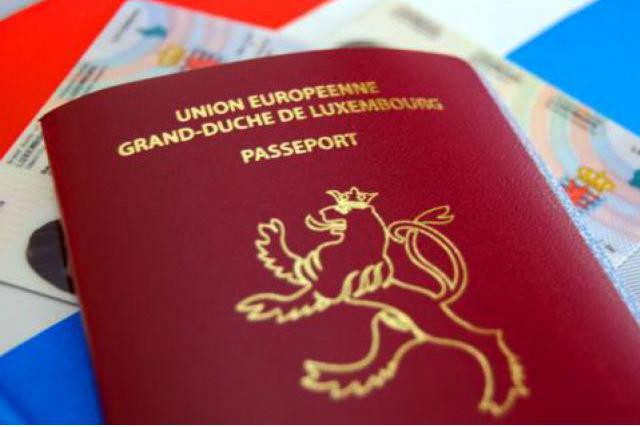According to two researchers from the Luxembourg Institute of Socioeconomic Research, the question is difficult to answer because no proper evaluation has been carried out.
“This is a difficult task that calls for strong political will and commitment, which is all the more necessary in a country whose nearly half of the population is foreign-born, and whose integration plan is complex and multi-objective,” write Frédéric Docquier and Bertrand Verheyden in a January policy brief for the crossing borders research programme.
While there are numerous initiatives in Luxembourg such as the welcome and integration contract (CAI), communal level integration strategies (PCI), and naturalisation, there has been no academic follow-up. And if there were, results may be distorted by the fact that these schemes are voluntary.
Randomised control trials could give a clearer picture of the effectiveness. The two moot a lottery-based national experiment in this direction, “taking the form of a one-shot naturalisation track. Among candidates to this parallel track, a randomly selected sample of immigrants could be granted the Luxembourgish citizenship subject to lighter eligibility conditions,” they write.
Over time, the groups would be studied to ascertain the causal impacts of citizenship on integration. “Luxembourg is a fantastic laboratory for conducting such an experiment and reaping its potential benefits,” they write.
